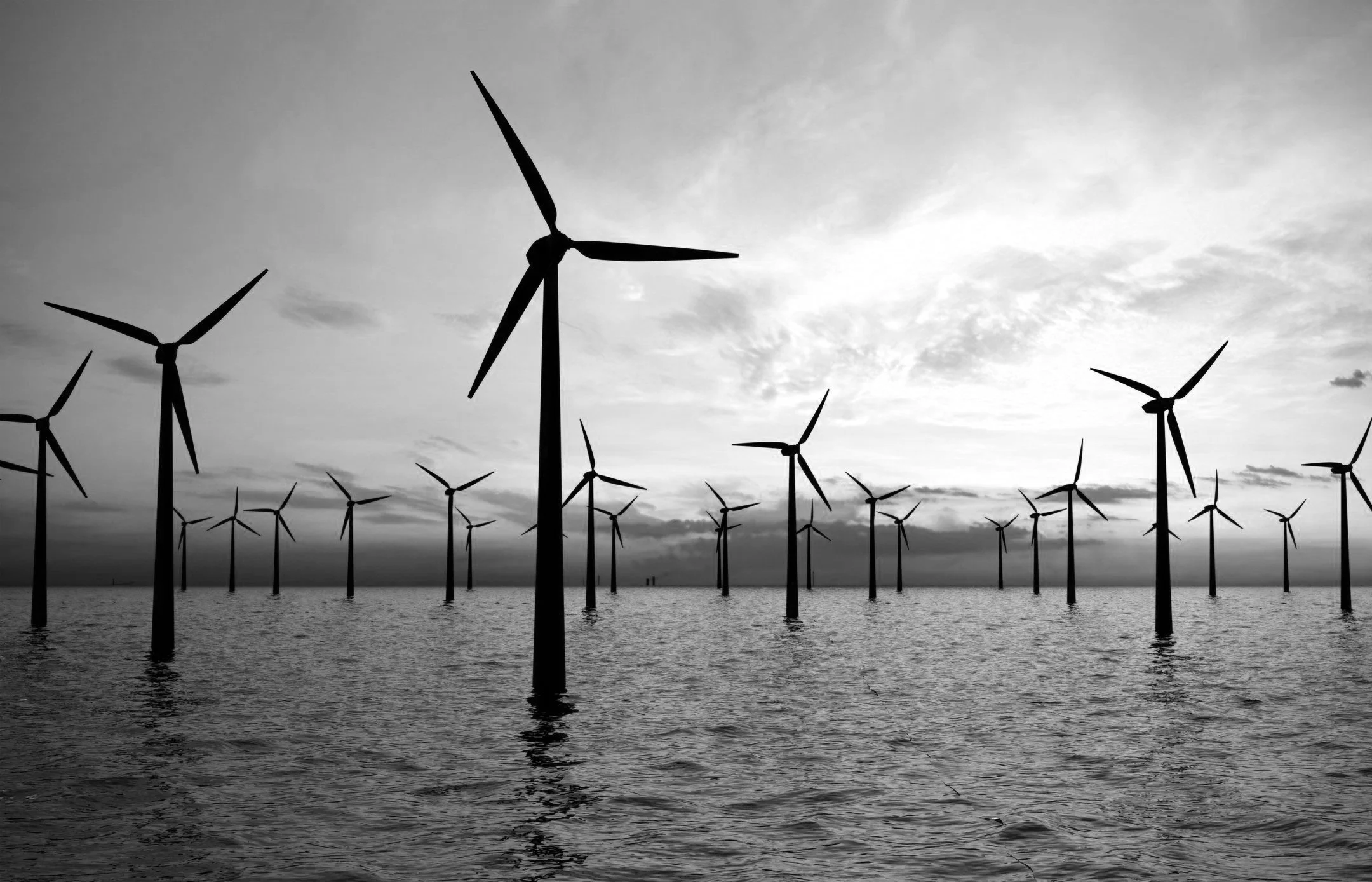L.E.K. Consulting, the global strategy consulting firm, today announced it has aligned with the Science Based Targets initiative (SBTi) to assess and validate the firm’s progress towards its goal of achieving net-zero carbon emissions by 2030.
Carbon neutral since 2008, L.E.K. redoubled its commitment to sustainability last year by pledging to both reduce significantly the greenhouse gas emissions that result from its operations and to invest in initiatives that remove carbon dioxide from the atmosphere.
Now committing to set near- and long-term company-wide emissions reductions in line with climate science with the SBTi, L.E.K. is taking ambitious climate action to have its existing net-zero target independently verified against a set of science-based criteria through the Business Ambition for 1.5°C campaign.
The Intergovernmental Panel on Climate Change warned in 2018 that global warming must not exceed 1.5°C to prevent the catastrophic impacts of climate change. To achieve this, SBTi is focused on helping companies across the world to accelerate efforts to halve emissions before 2030 and achieve net-zero emissions before 2050.
“We have taken our long-standing policy of carbon neutrality further by making the pledge to achieve net-zero carbon emissions by 2030 because the science demands it, our clients and staff expect it, and because leading companies are taking concerted steps in that direction. To accomplish this will require us to make firm commitments and take clear actions. One of the key steps is to align with a leading global body like SBTi that can assess and verify our progress towards our net-zero goal,” said L.E.K. Global Managing Partner, Clay Heskett.
Science-based targets show organizations how much and how quickly they need to reduce greenhouse gas emissions to prevent the worst effects of climate change. The concept emerged from frustration with the lack of adherence to and credibility of the net-zero commitments made by companies. The purpose of SBTi is to turn net-zero pledges into action: Companies that commit must decarbonize rather than offset, set ambitious targets and agree to be accountable for their emissions reduction performance.
L.E.K.’s drive to reduce carbon emissions is part of a larger sustainability strategy that also involves working with client organizations to help them develop their own carbon reduction plans, adapt to new industry dynamics and put sustainability at the heart of their strategies. The firm launched a global Sustainability Centre of Excellence in 2021, drawing together expertise and strategic insights from its practices and geographies, to support organizations as they work to meet the urgent challenges of climate change and growing demand for strategic, results-focused sustainability solutions.
Sourced from LEK

